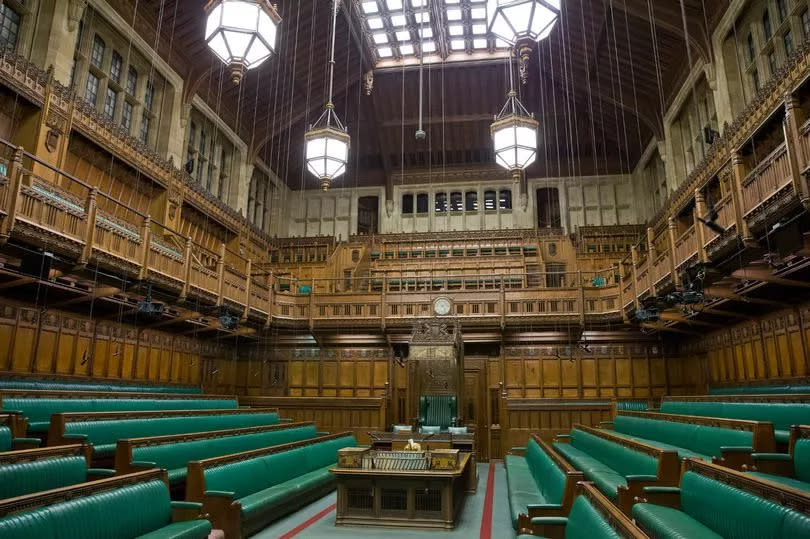How many MPs are needed to form a majority in Parliament?

Brits all across the country will be casting their vote on Thursday (July 4) to decide on who their local MP is.
Once the results are tallied across each constituency, we will then find out if a party has earned enough seats to become the majority in Parliament and thus have the power to govern the UK. This essentially means that one party has more elected MPs than other parties when adding up all of the constituencies.
However, it's not as simple as finding out which party has the most seats. In fact, there are strict rules about what constitutes an actual majority in Parliament.
How many seats does a Party need to win the election?
Parliament is built up by 650 seats that represent 650 constituencies across England, Wales, Scotland, and Northern Ireland. In order to form a majority government one political party must have 50% of the seats in Parliament plus one more as a bare minimum.
During the 2019 general election, the Conservative Party won 365 seats, giving it a majority. However, by the time Parliament dissolved on May 30 of this year, they had 345 seats due to by-election defeats, Tory MPs defecting to another party, and some MPs being suspended of the whip.
What if none of the parties get a majority?
If none of the parties have been able to secure a majority, this results in what is known as a hung Parliament. In this unique situation, the Prime Minister who was in power before the general election stays in power.
What's more is that they are provided the first opportunity to form a government through a number of ways. This can include negotiating with another party to form a coalition, attempt to govern with a minority government, or resign after failing to form a coalition.
In the latter case, the Prime Minister may then recommend that the leader of the largest opposition party form a government which may in turn result in either a coalition or govern as a minority.

 Yahoo News
Yahoo News 
